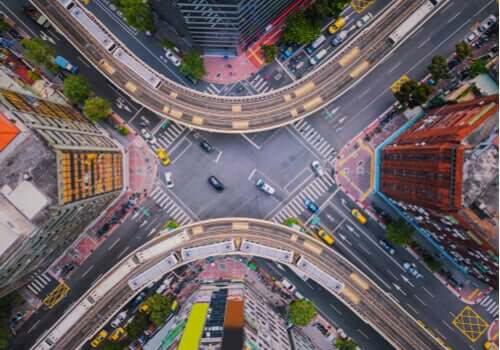As human beings we are sensitive to different variables and phenomena, one of them is the space that, although sometimes degreased, can have a great impact on our lives, that is why today we will talk about the relationship between urbanism and psychology.
Let’s start by analyzing the concepts of urbanism and psychology. According to the Royal Spanish Academy (RAE), urbanism is “the set of disciplines related to the study of human institutions and their needs for development and intervention”. related to the planning of the territories in relation to the places where we are settled.
- Psychology is dedicated to the study of interaction.
- Cognition.
- And affect.
- According to the RAE.
- It is “a discipline that studies the human mind and behavior.
- ” Now.
- How is this related to the occupation of the territory? Does this have something to do with development needs?.
Our development is not only influenced by biological, parental and learning factors, the spaces in which we grew also condition it, in fact, we are the most vulnerable when we are in certain environments, does it not mean that we are destined to do so?If we’re in these spaces, but we’re at greater risk.
Therefore, when we are influenced by the environments in which we develop, we will manifest behaviors, thoughts and emotions, where psychology enters, to study why and why it happens, what our interactions are like, whether they are determined or not. Etc.
Moreover, as the architects Méndez Rodríguez, Saura Carulla and Monta’ola Thornberg suggest, “places are a kind of mirror of civilization, not just a technical issue” because they convey sensitivity and this is where our life unfolds. impact, we see the relationship between the two disciplines.
Both focus on spatial awareness; On the one hand, urbanism invites us to assess the needs to promote the organization of the territories, for which it must assess the context and judge reality according to the actions to be carried out; on the other hand, psychology invites us to live here and now and the feeling of being present according to the reality in which we find ourselves.
In addition, its relationship can generate great benefits in the development of spaces, as it would be a dialogue meeting in which a solution could be provided according to the needs of individuals in relation to the territory, from a comprehensive point of view, generating alternatives promoting healthy urban environments.
Both disciplines are working on the same projects. It is a collaboration that aims to create user-friendly spaces that reduce barriers and promote a better quality of life, taking into account social and cultural values and a series of physical, psychological and social problems.
This is another area in which urbanism and psychology are linked: inequality. Why? Can the fact that spaces impact us generate positive problems — for example, environmentally friendly spaces — and negative problems, such as creating social gaps, all of this can be seen in places where services, institutions, hospitals, and schools tend to be centralized, a factor that penalizes people living on the periphery.
Addressing these obstacles is a challenge that involves different areas, in this sense, urbanism and psychology intervene to generate new dynamics leading to equality.
In short, urbanism and psychology are areas that are in the space where we settle, promoting a better quality of life through their intervention, as well as generating environments that contribute to generate a positive impact on the individual and communities.
To this end, the starting point is a accurate diagnosis, taking into account individual and collective needs and promoting the development of the environments in which we live. Also, as architect Julia Morgan said: “Spaces speak for themselves. “

